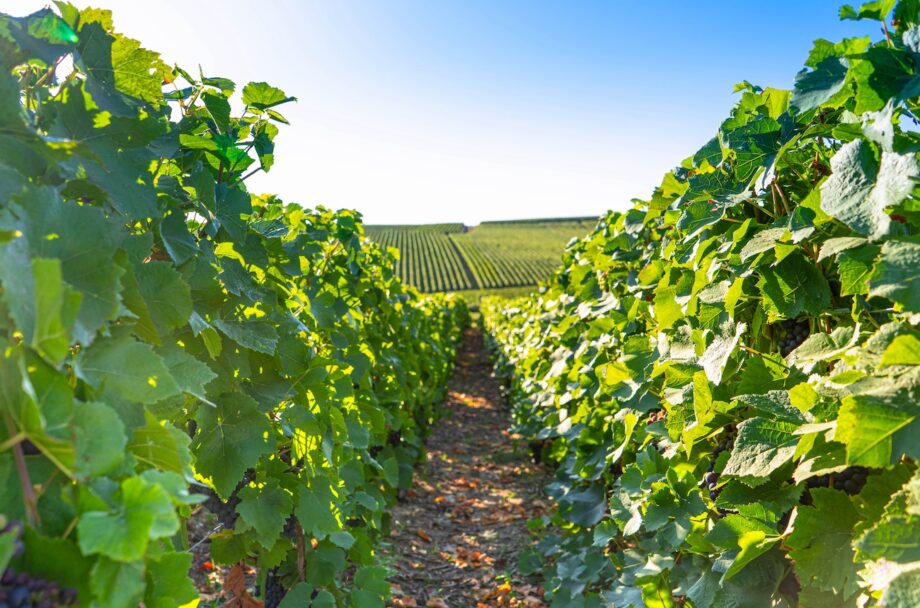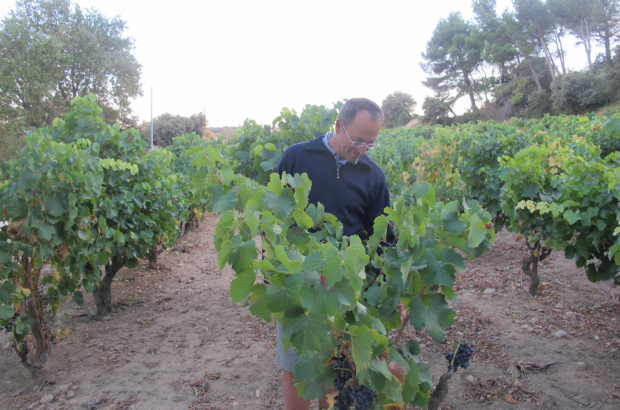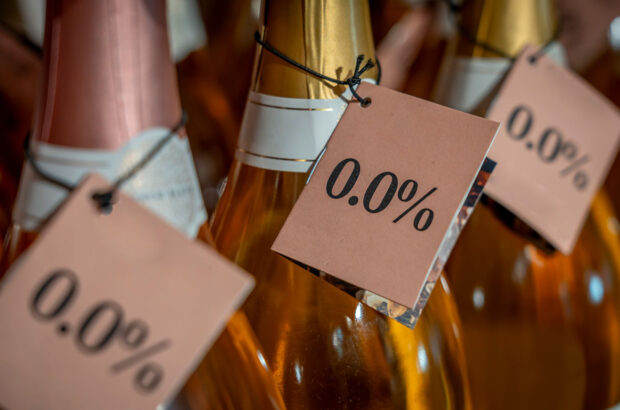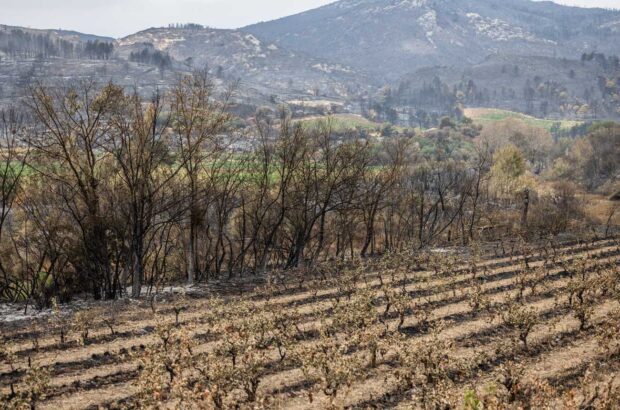French wine is in a crisis that constitutes ‘one of the most serious in its history’, with both structural and cyclical challenges, industry bodies warned this week as they met with the country’s agriculture minister, Annie Genevard.
Winemakers currently face a ‘catastrophic’ economic situation, said the groups, including the Association Générale de la Production Viticole (AGPV), and Jeunes Agriculteurs, which represents young vintners.
Consumer markets are saturated, many cellars are ‘full to bursting’ ahead of the 2025 harvest and costs are rising, they said.
Producers are also dealing with repeated climatic hazards and international trade issues.
Calling for more urgent measures to help ‘save our wine sector’, they warned the industry is at a turning point and the choice is to either support it or witness its collapse.
France’s government has already offered to compensate growers to rip out vines to reduce supply. In late 2024, growers applied to grub up around 27,00 hectares in total, using around €109m of the €120m budget.
Most of the money left over will be used to create an emergency fund for young winemakers, the trade bodies said following their meeting with the agriculture minister this week.
Other measures were also discussed, such as protecting farmers’ income and the possibility of grubbing-up more vines. The trade bodies praised the minister for listening to their concerns.
French wineries aren’t the only ones facing difficulties. At the EU level, the European Commission recently proposed reforms to help make the bloc’s wine sector more competitive.
Proposals include efforts to promote wine but also to allow member states to pay producers for ‘green harvesting’, to cut supply.
Funds have previously been released for crisis distillation of excess wine, and this policy has made a return in some EU countries in recent years.
Several vineyard regions worldwide have also been grappling with oversupply, from parts of California to some areas of Australia.
Global wine consumption fell to its lowest level since 1961 last year, albeit this still constituted 214 million hectolitres (mhl), said the International Organisation of Vine & Wine recently.







